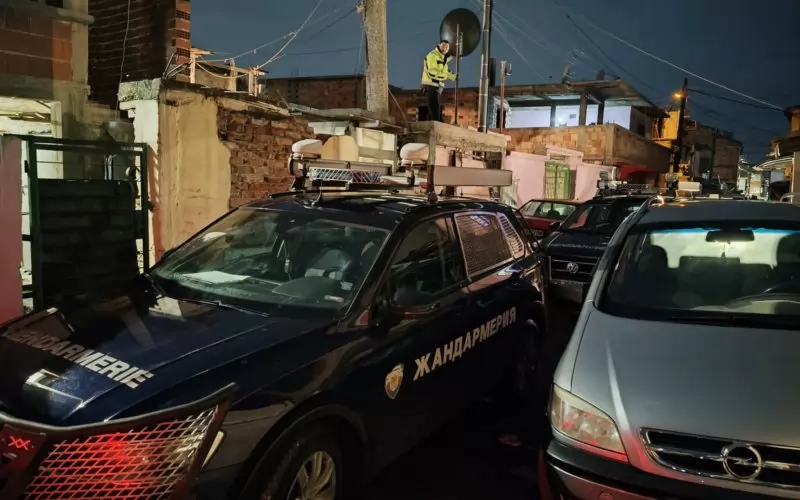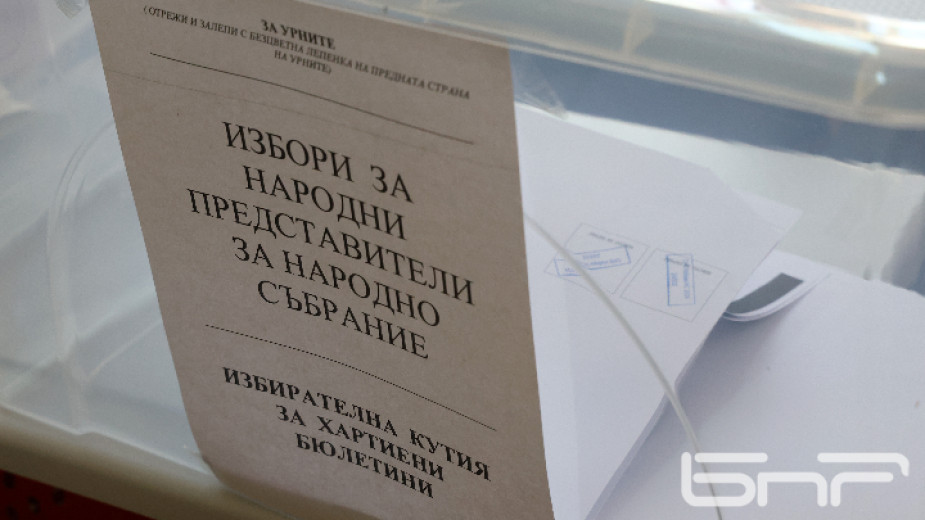The 27th of January is the official day of remembrance for the victims of National Socialism in Germany. On the 27th of January 1945, the Red Army liberated the concentration camp of Auschwitz-Birkenau. The state chairman of the Hessian Sinti and Roma, Adam Strauss, warned in his speech of the importance of civil courage and the danger of spreading false information about Rroma. He further noted a continuity of prejudice against this minority, which persists and is jointly responsible for the genocide. The Deputy Prime Minister of Hesse, Al-Wazir, pointed on the danger of intellectual arson and the way it is fuelled by ill-considered remarks: “He directly pointed to the current debate on poverty refugees from Romania and Bulgaria, who come to Germany. Al-Wazir called it “important that we do not build new walls due to reckless words.” Prudence and respect are important “to us Germans in this debate.” On the same day Bouffier, in a newspaper interview, took a similar view of the debate on poverty migrants. It is important “to use appropriate words to designate the facts”, he stated” (von Bebenburg 2014).
In his text, Hagemann (2014), addresses the discrimination of Rroma by German teachers during and after the Second World War. NSDAP compliant teachers wrote students from ethnic minorities “characteristics of their race” into their testimonials and managed to obtain their deportation. During the memorial service in Menden, the secondary school students read frighteningly many names of young children. They were infants who were born after 1940 and were nonetheless deported in March 1943. It is particularly shocking that many of the teachers were allowed to teach after the war had ended and were supported by public institutions such as the Catholic Church: “The students called the names of the teachers who were allowed to educate the children of Menden in the post-war years. They criticized the Catholic Church, which did not protect these Catholics, the archbishops, who did not respond to petitions, although the brutal extermination of the Sinti and Roma was described in them in dramatic terms. […] One student described the terrible conditions that were faced by the Catholic Gypsies of Menden in Auschwitz, where they were branded as “asocial” with a black triangle on the clothing: they faced typhoid and diarrhoea, abuse and rape. Those who survived, were led into the gas chamber.”
- Hagemann, Thomas (2014) Ergreifendes Gedenken für Sinti und Roma. In: Der Westen online vom 31.1.2014. http://www.derwesten.de/staedte/menden/ergreifendes-gedenken-fuer-sinti-und-roma-id8935253.html
- Von Bebenburg, Pitt (2014) Vorurteile gegenüber Roma bis heute. In: Frankfurter Rundschau online vom 27.1.2014. http://www.fr-online.de/rhein-main/holocaust-gedenken-vorurteile-gegen-roma-bis-heute,1472796,26012054.html







